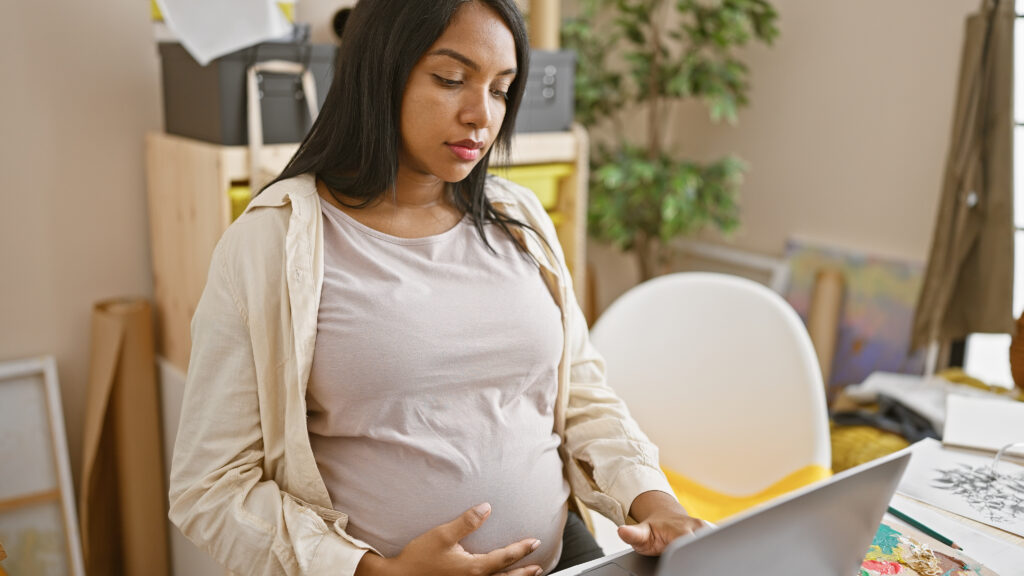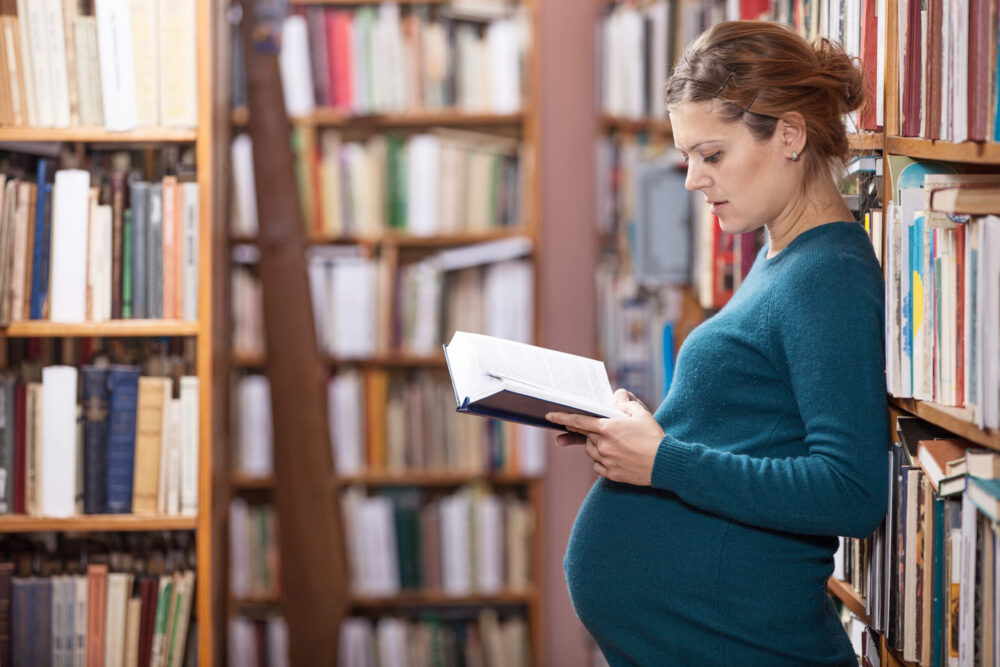In 2021 I was mid-way through my PhD program and three months pregnant. Until that point, I hadn’t thought much about parental leave—it’s the law in Australia, right? So it was a shock to discover that I wasn’t eligible for any paid parental leave.
In fact, if I took time off when the baby came, my scholarship would be suspended, leaving me with no income at all. Like many early career researchers before me, I’d just stumbled into a gaping policy gap that leaves PhD candidates with no paid parental leave.
For employees in Australia, the federal Parental Leave Pay scheme provides 20 weeks leave, paid at the National Minimum Wage. The scheme is a cornerstone of our public health and social welfare systems—not only does it support infant and maternal health, wellbeing and survival, but it also encourages dads and partners to take leave and boosts workforce participation and productivity. The Albanese government recently increased the scheme to 26 weeks by July 2026. Yet as it stands, PhD candidates are excluded from the scheme because their research is not listed as a ‘work activity’ under the current legislation.
Anyone familiar with universities will tell you this doesn’t sound right. Full-time graduate research students are required to conduct research 40 hours per week, 48 weeks per year. They work alongside academic staff—often on the same research projects—and contribute to the university’s outputs (i.e. core business), including through publications, teaching, conferences and ‘academic citizenship’ roles such as editing journals and organising seminars. Research students are an essential and strategic part of the workforce and contribute significantly to both innovation and the success of our research institutions.
PhD candidates’ responsibilities to the university can even prevent them from doing paid work. For example, some students receive a scholarship stipend to cover living expenses. Often, this stipend comes with conditions that restrict the number of hours they can work outside of their research. Students who do take on extra work often become tutors, lab or research assistants at their university.
This work is almost always casual and sessional. Here lies another trap— to meet the Parental Leave Pay ‘work test’, you must work 10 of the 13 months prior to the birth of your child. And you can’t have more than 12 weeks gap between each workday. So even someone who tutors every semester could miss out on the scheme because of the summer teaching break.
How does it affect PhD candidates and their families?
The current policy puts those who have a baby during their PhD at risk of financial hardship. Not only do they miss out on the federal scheme, but while on leave, candidates are likely to lose income from both their stipend and any casual work they were doing to make ends meet. You don’t need to be a behavioural economist to see how this financial risk disproportionately affects women and other groups, such as first-generation university students, already at a disadvantage within academia.
Beyond the financial impact, we know that paid parental leave is important for infant development and survival, maternal health, and family wellbeing. Research shows that paid parental leave facilitates access to immunisation and medical care, supports breastfeeding (chestfeeding) and is associated with decreased infant mortality and rehospitalisation, improved infant attachment and development, and a decrease in postpartum depression and intimate partner violence. The federal government scheme is, in a very real sense, lifesaving. I am yet to hear a reason why PhD candidates and their babies do not need or deserve the protection this scheme provides.

Madeline (not pictured) was shocked to discover that as a PhD candidate, she wasn’t eligible for any paid parental leave. Picture: Krakenimages.com/Adobe Stock
What is the solution?
For me, the best way around this policy gap was to step away from my PhD, work full-time, and qualify for the scheme. When my daughter was 10 months old, I went back to full-time research. But I know this option isn’t available—or appealing—to everyone. I went back to research wanting to push for change, and it didn’t take long to find other early career researchers who felt the same way. While we parent, teach, write and research, we are also doing what we can to change the status quo.
The simplest solution is to extend eligibility for the federal scheme to PhD candidates.
This involves an amendment to the Paid Parental Leave Act 2010 and would cost around $16.4 million annually. There are other, more ambitious solutions too. One is to drop the work test altogether. This would give all parents—whether working, studying, volunteering or caring—access to a basic income while they care for a new baby. Yet another solution is to call PhD students what they are—employees. This would guarantee that early career researchers receive a living wage and adequate workplace protections including paid parental leave.
Benefits of extending the Parental Leave Pay scheme
Whichever way it is achieved, paid parental leave for PhD candidates is essential to gender equity in academia. Despite increasing numbers of women entering higher research, fewer women go on to post-doctoral positions and even fewer secure tenured positions and high-level roles. An Australian study found that female postgraduate students were less likely than male students to find a career in academia appealing, in part because of a perceived incompatibility between motherhood and an academic career. This incompatibility is not imagined, it is structural and can be addressed with more equitable policies.
- Picture at top: Young pregnant woman reading book in library. Picture: Andrey Bandurenko/Adobe Stock
Madeleine Egan is a PhD candidate at the Centre for Deliberative Democracy and Global Governance at the University of Canberra.





